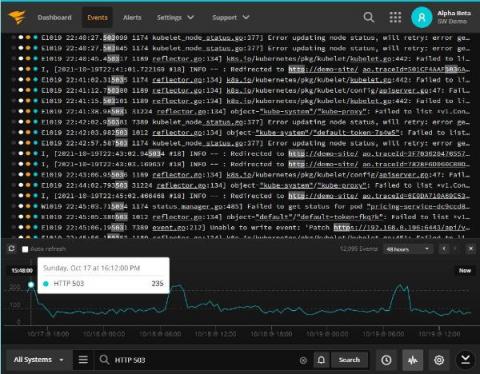6 Steps to Implementing a Telemetry Pipeline
Observability has become a critical part of the digital economy and software engineering, enabling teams to monitor and troubleshoot their applications in real-time. Properly managing logs, metrics, traces, and events generated from your applications and infrastructure is critical for observability. A telemetry pipeline can help you gather data from different sources, process it, and turn it into meaningful insights.











